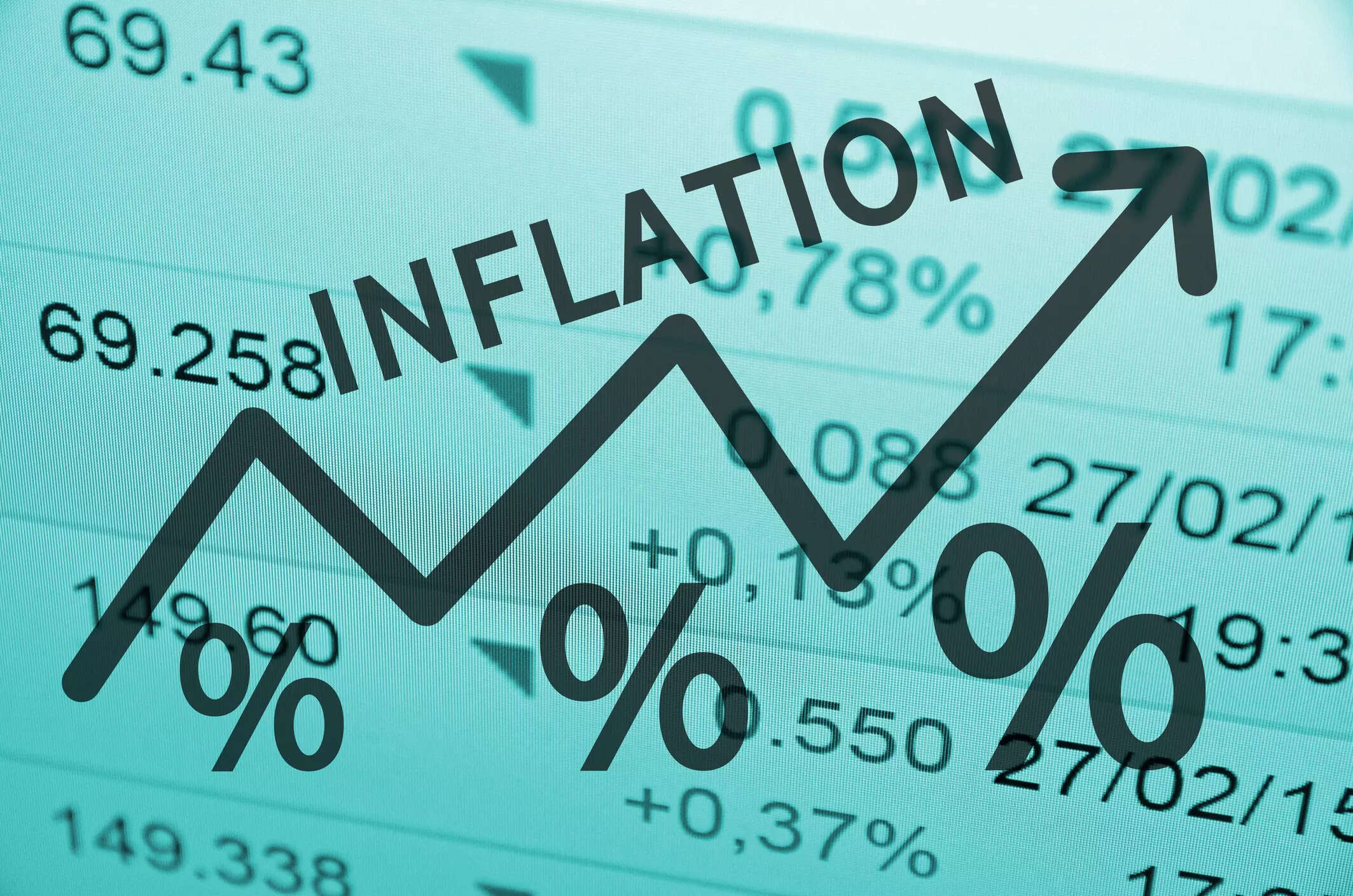
Wholesale prices in the United States rose 7.4% in November from a year earlier, a fifth straight slowdown and a hopeful sign that inflation pressures across the economy are continuing to cool.
The latest year-over-year figure was down from 8% in October and from a recent peak of 11.7% in March. On a monthly basis, the government said Friday that its producer price index, which measures costs before they reach consumers, rose 0.3% from October to November for the third straight month.
Rising prices are still straining Americans’ finances, particularly for food, rent and services such as haircuts, medical care and restaurant meals. Yet several emerging trends have combined to slow inflation from the four-decade peak it reached during the summer. Gas prices have tumbled after topping out at $5 a gallon in June. Nationally, they averaged $3.33 a gallon Thursday, according to AAA, just below their average a year ago.
And the supply chain snarls that caused chronic transportation delays and shortages of many goods, from patio furniture to curtains, are unraveling. U.S. ports have cleared the backlog of ships that earlier this year took weeks to unload. And the cost of shipping a cargo container from Asia has fallen sharply back to pre-pandemic levels.
As a result, the prices of long-lasting goods, from used cars and furniture to appliances and certain electronics, are easing.
Friday’s producer price data captures inflation at an early stage of production and can often signal where consumer prices are headed. Next week, the government will report its highest-profile inflation figure, the consumer price index. The most recent CPI report, for October, showed a moderation in inflation, with prices up 7.7% from a year earlier. Though still high, that was lowest year-over-year figure since January.
Also Read:
